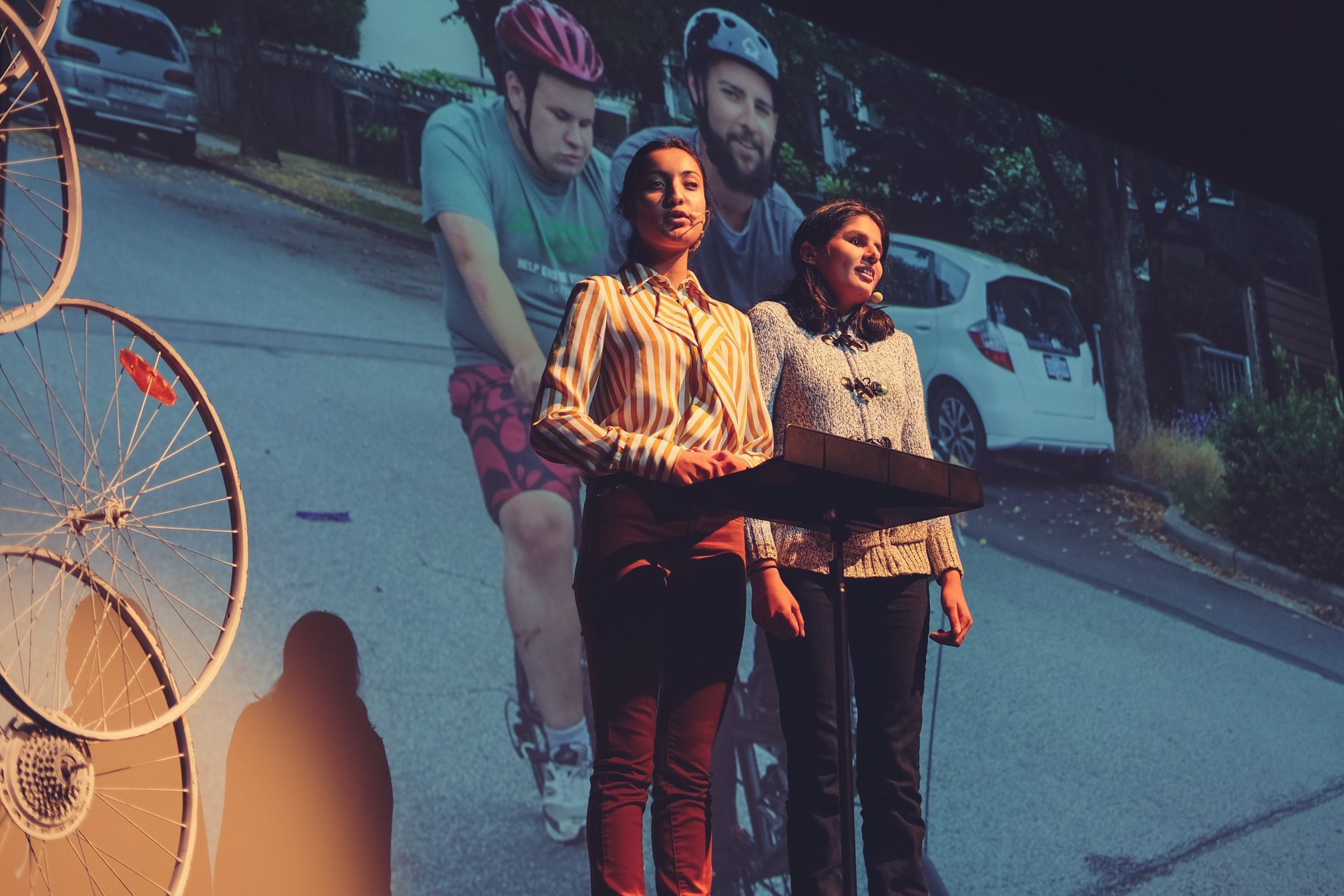Theory of Change
Historically, people have negative stereotypes of blindness, lacking the understanding of the abilities of people who are blind.
Even parents of a child who is blind or partially sighted can have these negative stereotypes and doubts that their child can grow up to be independent, capable, and employable, resulting in feelings of hopelessness.
The Result
Children and youth are empowered and confident in their abilities. Society has a greater acceptance and understanding which leads to inclusivity and people who are blind or partially sighted being integrated into a wide range of jobs and all aspects of society.
What Blind Beginnings does
Blind Beginnings shifts these negative perceptions of blindness from the past by supporting the child or youth who is blind and their immediate family as well as working to change society’s perception of blindness.
This greater understanding will result in parents being more likely to already know a positive blind role model when their child is born, resulting in parents’ views of blindness being more accurate and less negative and deficit based. They will assume their child who is blind will be able to achieve the same things as a sighted child. With these raised expectations, they will encourage and support their child to pursue their dreams and goals.
Blind Beginnings, through its programs and services, is working towards a world where seeing things differently inspires limitless possibilities where children can reach their potential without being held back by perceived limitations.
Our Theory of Change requires parents, teachers, and society to adopt a positive perspective of blindness.
When this happens, children and youth who are blind or partially sighted will live a more fulfilling life.






